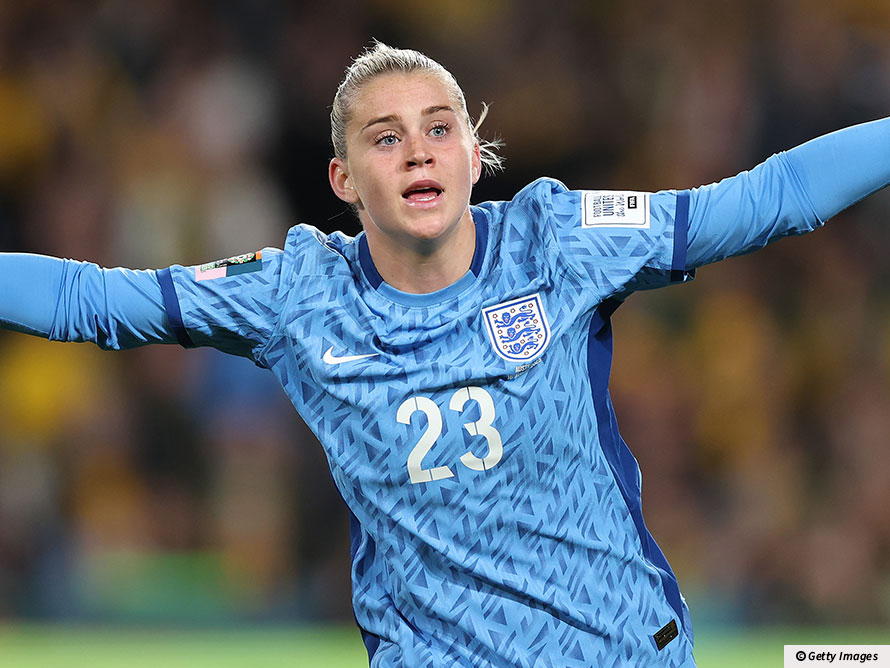Is there finally equality in sport? The Women’s World Cup kicked off on Thursday as officials predicted that it will be the “biggest and best” ever. About time, say some.
Greatest spectacle in women’s football begins
 Bigger crowds, bigger teams: The competition has expanded this year to feature 32 teams compared to the previous 24.
Bigger crowds, bigger teams: The competition has expanded this year to feature 32 teams compared to the previous 24. Glossary
Exalt - Speak highly of someone or something.
August - The eight month of the year. It also means "respected" or "impressive".
Decreed - To officially decide or order something.
FA - The Football Association is the governing body of football in England and the Channel Islands. It was founded in 1863.
Aberration - Something that goes against what is normal — and not in a good way.
Fifa - The Federation Internationale de Football Association is the world's highest governing body of association football.
Disparity - A noticeable and unfair difference, often in the way two people are treated.
Accolades - Awards or strong praise.
Misogyny - Hatred of or discrimination against women. The term comes from the Ancient Greek "miso", meaning "hate", and "gyne", "woman".
Denigrated - Criticised unfairly.
